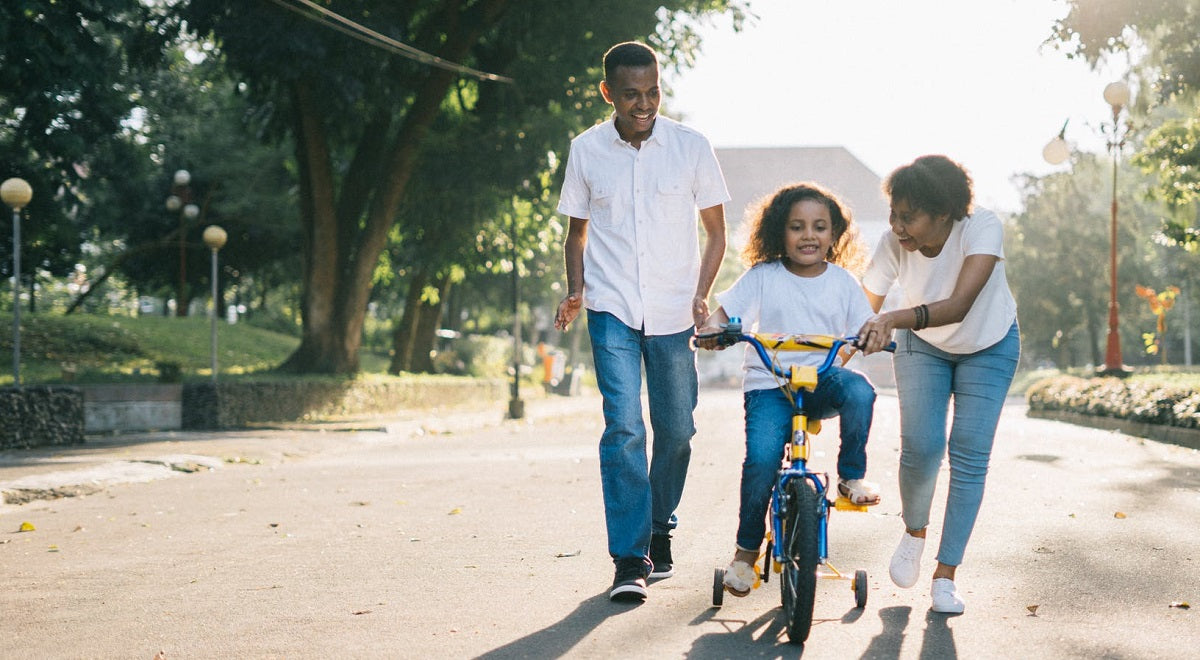World Children’s Day is celebrated on 1 June or in November, depending on where you live. The purpose of the day is to create awareness around children’s rights and finding new ways to protect them against the dangers of the world.
Children are often encouraged to model confident behaviour, but are they assertive? Passive or aggressive confidence may do more harm than good, and even prove detrimental. Here is why.
Passive confidence

Children are often told to greet people, answer all their questions, share their toys or food and play with others when prompted.
If a child resists, they are seen as “shy” or “rude”, rather than assertive. However, adults are not expected to adhere to the same standard. You don’t have to acknowledge a stranger’s advances if they make you feel uncomfortable. You don’t have to give out any personal information. You don’t have to share your property or your food if you don’t want to. You don’t have to spend your free time with people you don’t want to – you can leave at any time.
The main concern is that a passive child may develop “forced” confidence, they may feel obligated to respond positively to the requests of children and adults. This can be dangerous, as it may open the opportunity for adults to groom them into accepting unsafe situations, as the children do not know how to set personal boundaries.
Aggressive confidence

It is often said that one portrays “shark” behaviour. Some may think of this as being assertive, but there is a fine line between being firm, and being aggressive.
Children who display bullying behaviour are often overlooked, for the precise reasons that passive children are. An aggressive child will demand a lunch box or toy, even when they see the passive child is uncomfortable. The passive child will not resist, in fear of losing friends. The adults may only see two children playing or sharing food and never see the tension between them.
An aggressively confident child will grow up to be an aggressively confident adult. They will not understand boundaries, and may get themselves into trouble.
Assertive confidence

Assertive children understand their own boundaries and those of others. They will know that it may be rude not to acknowledge someone when they are speaking to them. They will also know how to communicate their feelings, by saying: “I’m not up for socialising right now, can we talk a bit later?”
It is important to enforce the concept of consent. This will teach the child to say no when they want to, or to say yes, and the confidence to withdraw consent at any time. “Yes, you can play with my toy, but I would like it back in 10 minutes,” or “I would prefer not to share my toy with you, it is expensive and I am responsible for it.”
An assertive child will have patience, tolerance and respect for others, as they will not get aggressive when prompted to do something, or when they do not get their way. These behaviours can be taught from a young age. The best way to do this is model the behaviour for your children, and to use every opportunity to explain the concept of healthy boundaries, consent and showing them how to be firm, yet respectful.
Read more: Why “playing” is the most important part of sports
We can deliver your medication, supplements, cosmetics, fragrances and other Mopani online shopping, nationwide. Contact us for info: mopani.co.za | crossing@mopani.co.za | Tel: 0137555500 | WhatsApp: 0661921703


